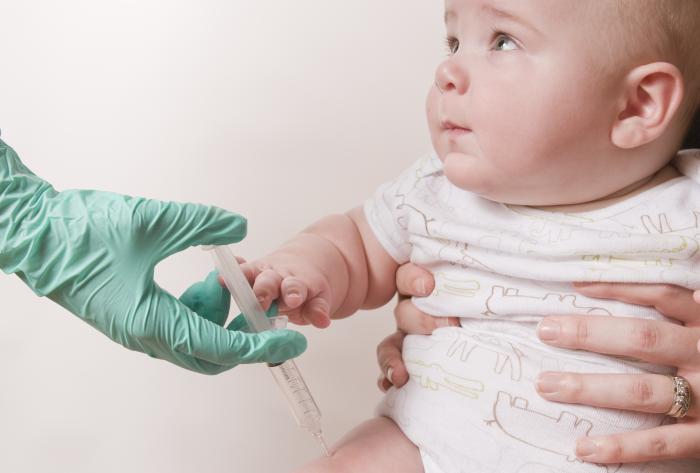DTaP vaccine
Resurgence of Measles, Pertussis Fueled by Vaccine Refusals
Posted on by Dr. Francis Collins

Credit: Centers for Disease Control and Prevention
I was born in 1950 and was home-schooled until the 6th grade. Thus, I missed exposure to several childhood illnesses that affected most of my generation. I never gave it much thought until, as a medical resident in North Carolina in 1979, I came down with a potentially life-threatening febrile illness that required hospitalization. Only after four days of 105 degree fever did a rash appear, and the diagnosis was made: measles. That was the sickest I have ever been. It turned out that one of my daughter’s school friends had developed measles in a small outbreak of unvaccinated kids in Chapel Hill, and I had been exposed to her. I was born too early to have been vaccinated.
But for most people born in the United States after the 1960s, they have never had to experience the high fever and rash of the measles or the coughing fits of pertussis, commonly known as whooping cough. That’s because these extremely contagious and potentially life-threatening diseases have been controlled with the use of highly effective vaccines and strong vaccination programs. And yet, the number of Americans sickened with measles and pertussis each year has recently crept back up.
Now, an NIH-funded report confirms that many of the recent outbreaks of these vaccine-preventable diseases have been fueled by refusal by some parents to have their children vaccinated [1]. The findings, published recently in JAMA, come as an important reminder that successful eradication of infectious diseases depends not only on the availability of safe and effective vaccines, but also on effective communication about the vaccines and the diseases they prevent.
